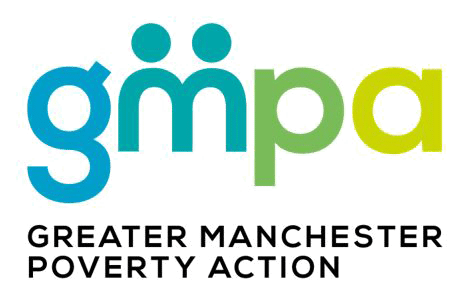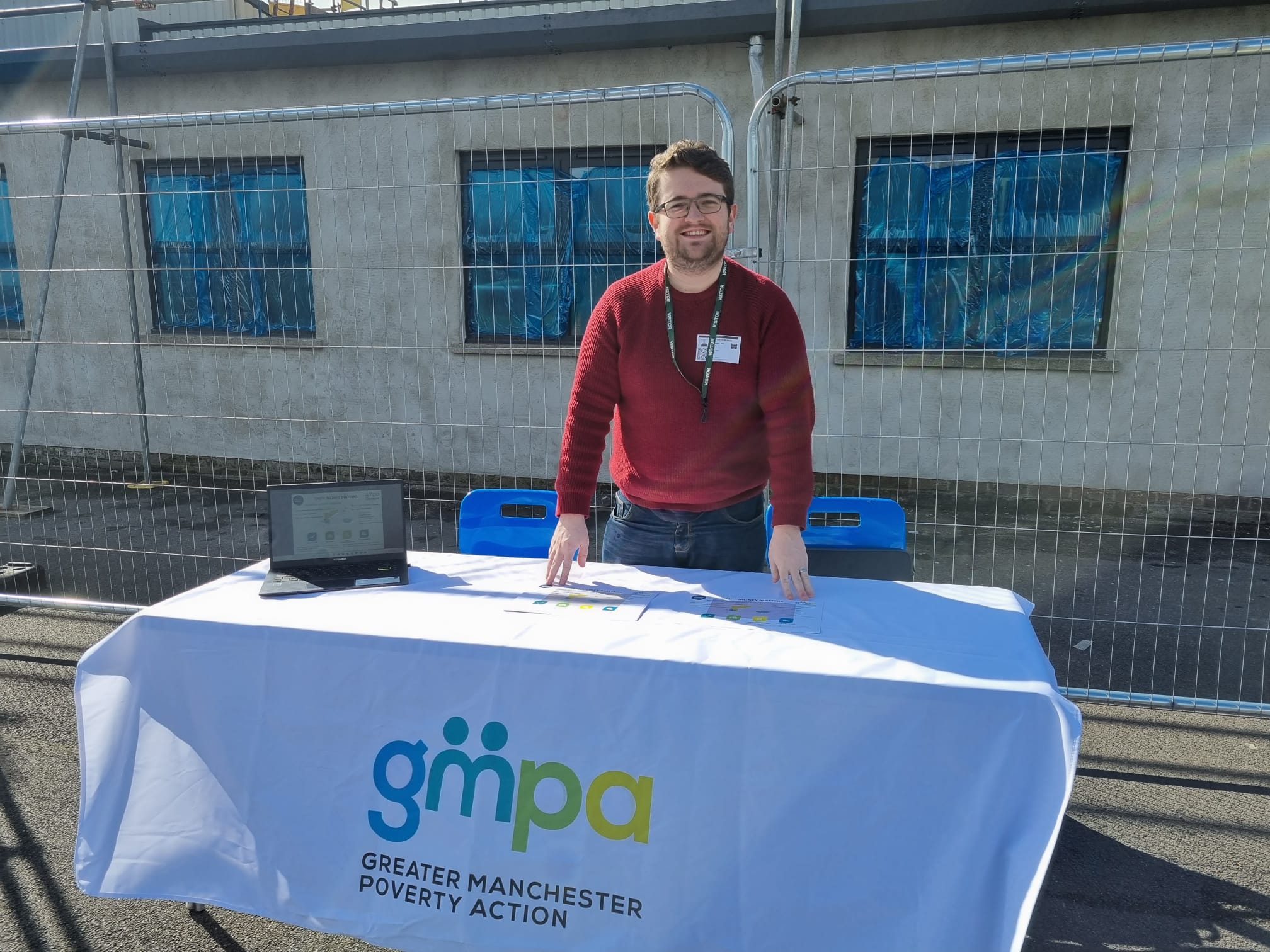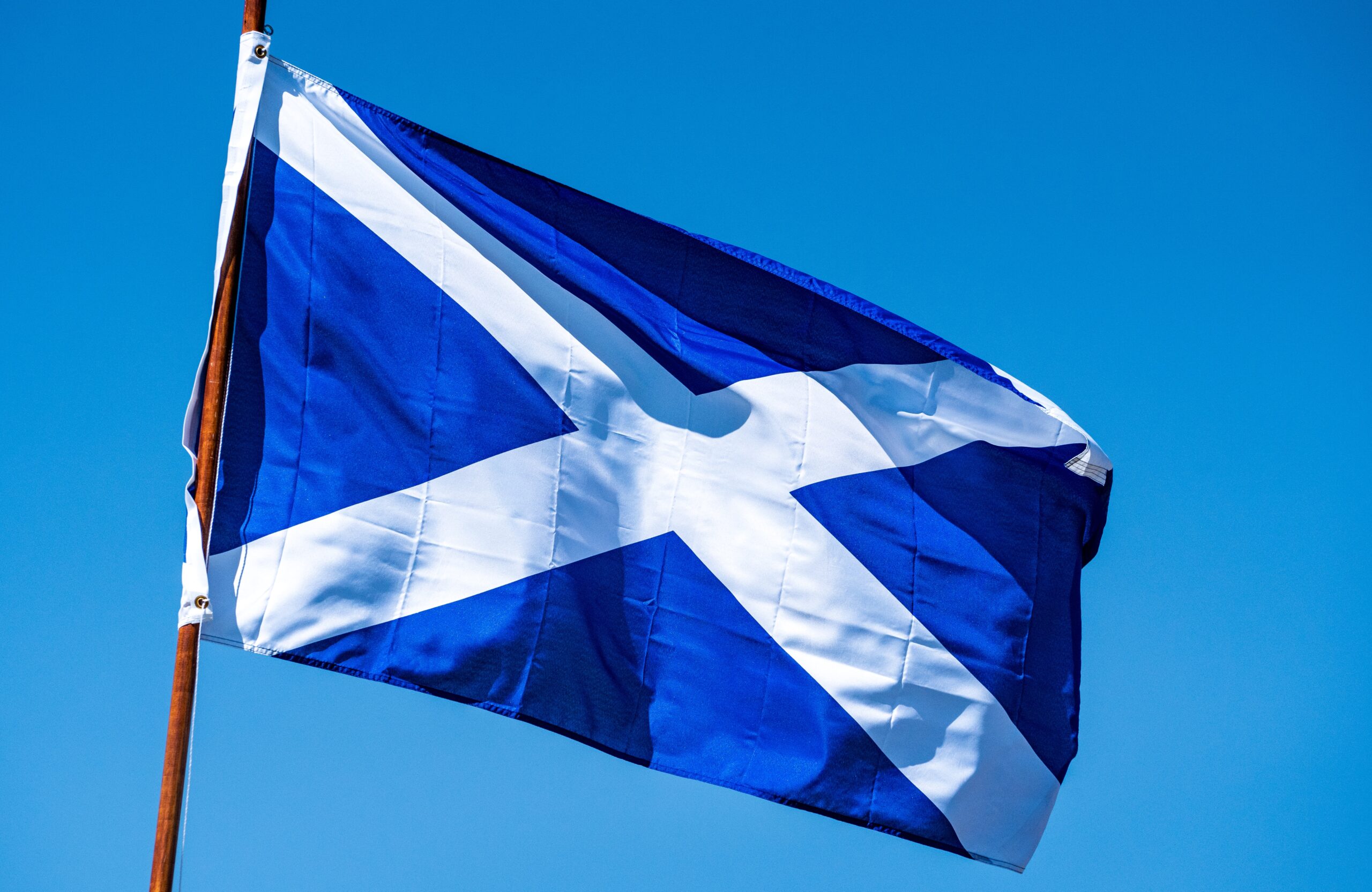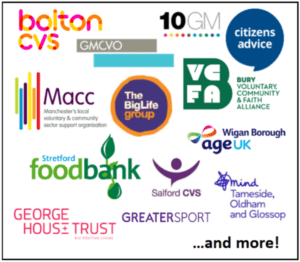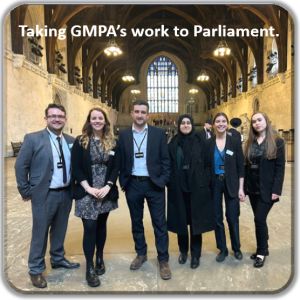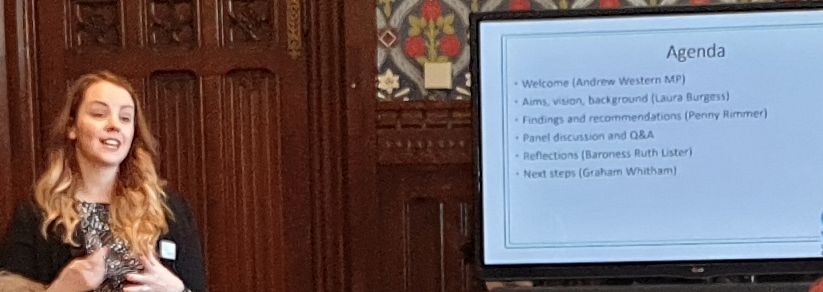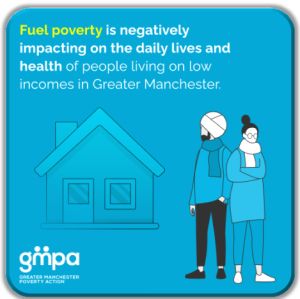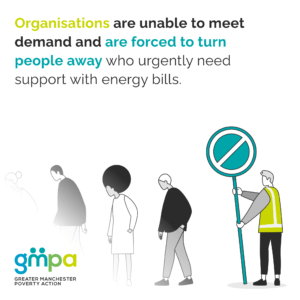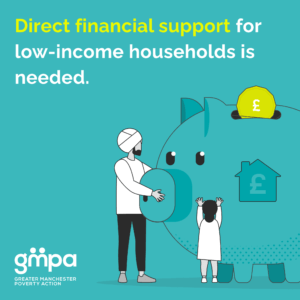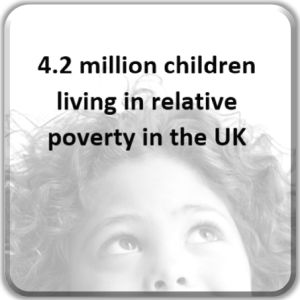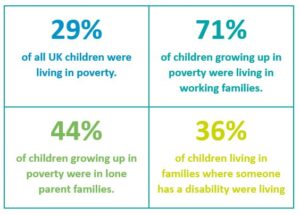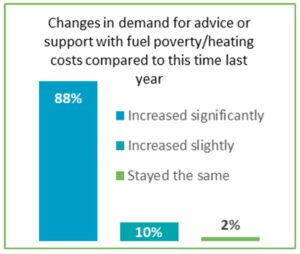By Daniel Oliver, Head of Programmes at Greater Manchester Poverty Action (GMPA)
GMPA’s Money Matters programme has so far helped Trafford and Manchester families to gain more than £120,000 in household income.
Our Money Matters programme is now approaching the end of its first full academic year, delivering debt and benefit advice in local schools.
In recent months our Financial Inclusion Officer, Manjeet McCartney has been engaging with parents via school events, newsletters, face-to-face appointments and more. These have included a Culture Day at Barton Clough Primary School, and being available at parents evenings and school fairs.
Recent stories of how Money Matters has supported local families include:
- We supported a grandmother with parental responsibility for her granddaughter to access a grant for buying school uniform.
- We helped a family to access the additional Carers Element on Universal Credit, worth £168 per month.
- We supported a family with a Personal Independence Payment (PIP) appeal, and to claim the additional Carers Element on Universal Credit. This was successful and is worth £848 a month, in addition to a backdated payment worth £9000.
We are now conducting a formal evaluation of Money Matters, due to be completed in August. We will be sharing the learnings and impact of this work after that time, however in the meantime here are some quotes from schools and families involved with the programme:
“I couldn’t recommend Money Matters enough. The time, care and expertise shown by all the Money Matters staff has changed the lives of many of our families for the better.” – Primary School Headteacher.
“Thank you from the bottom of our hearts! The service you provided us was friendly, efficient, professional and the outcome you helped us reach is genuinely life changing. Eternally grateful” – Family supported via Money Matters, who gained £941 per month.
We are also delighted to say that we will be working with Kellogg’s later this year to promote the Money Matters model locally, regionally and nationally. This will involve reaching out to key stakeholders in local government, and hosting a roundtable event in Parliament. Thank you to Kellogg’s and Citizens Advice SORT for their continued support and partnership in delivering Money Matters.
If you are interested in bringing Money Matters to your community then please contact Daniel Oliver. Thank you.
